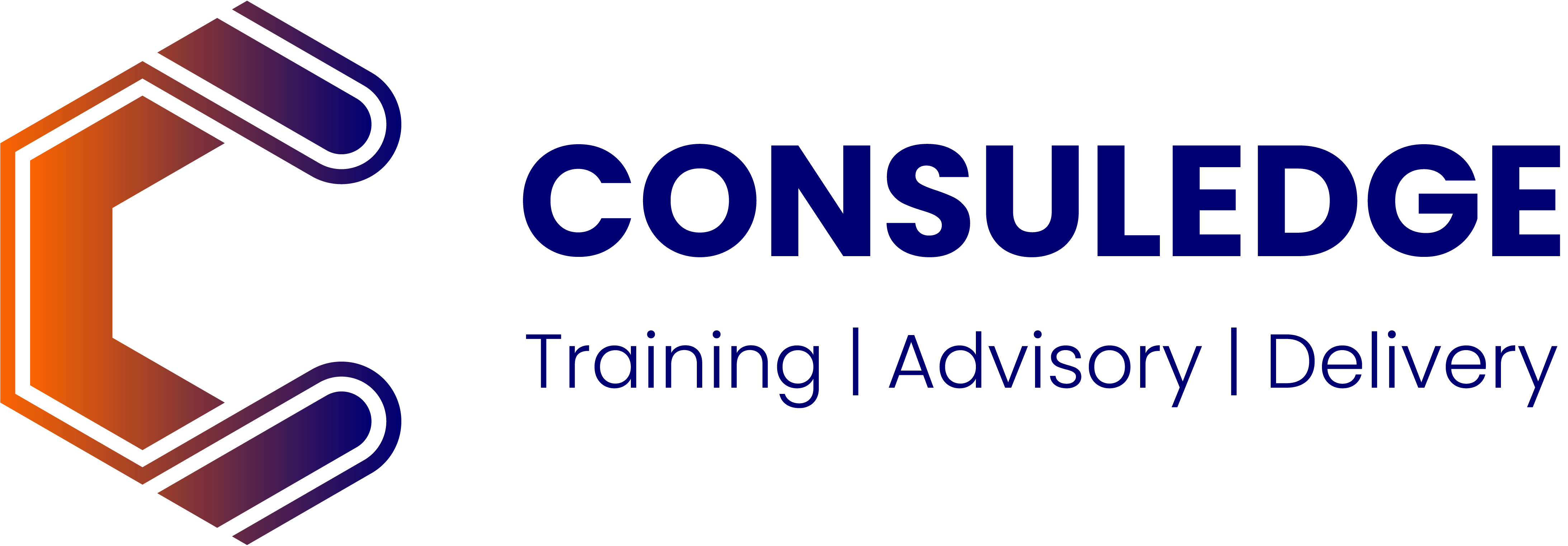What is Cronyism in Australia and why it’s costing taxpayers Billions?
Cronyism in Australia is a multi-billion-dollar issue where well-connected individuals manipulate industries, influence policies, and secure government contracts, all while costing taxpayers and small businesses.
In their book Game of Mates: How Favours Bleed the Nation, economists Cameron K. Murray and Paul Frijters expose how elite networks control property development, infrastructure, mining, superannuation, and banking, extracting wealth while avoiding accountability.
Unlike outright corruption, cronyism hides behind complex regulations and legal loopholes, making it difficult to detect—but Artificial Intelligence (AI), machine learning, and data analytics can now track, uncover, and prevent these practices before they cause further harm.

How Does Cronyism Work? Real-World Cases in Australia
🏗️ Property Development Scandals – The Eddie Obeid Case
NSW politician Eddie Obeid used his influence to secure rezoning approvals, massively increasing the value of his property investments. This insider advantage led to millions in unearned wealth, worsening Australia’s housing affordability crisis and demonstrating how political power can be used for personal financial gain.
🚉 Infrastructure Projects – Government Contracts Favoring Insiders
Major government-funded infrastructure projects often see contracts awarded based on connections, not merit. The result?
✅ Billions in cost blowouts
✅ Delays and mismanagement
✅ Taxpayers footing the bill while politically connected businesses profit
This pattern shows why government procurement needs stronger oversight and AI-powered tracking.
⚖️ Grey Gifts – Hidden Loopholes That Reward Insiders
A prime example of grey gifts—legal but unfair advantages—happened in Queensland’s 2016 planning law review. Developers were allowed to nominate private certifiers—instead of councils—to assess their own planning applications.
Who benefits? Big developers, who can handpick lenient certifiers.
Who loses? Small developers and the public, as weak oversight increases unchecked development.
This is how grey gifts create an unfair playing field, granting millions in hidden advantages to those who exploit legal loopholes.
💰 Superannuation favors the rich – Ross Gittins’ analysis
Prominent Australian journalist Ross Gittins has criticized the superannuation system for benefiting the wealthy while delivering little financial security to everyday Australians.
- The top 20% of Australians receive the most tax benefits, while average workers struggle with low returns.
- Super funds charge excessive fees, yet Australians are forced to contribute billions.
- The system often functions as a taxpayer-funded wealth accumulation tool for high-income earners, enabling them to grow wealth while avoiding tax obligations.
This superannuation loophole is another example of legal cronyism, where the system benefits those who are already financially privileged.
⛏️ Mining Scandals – The Latrobe Valley rehabilitation bond failure
The 2015 review of mining remediation bonds in Victoria’s Latrobe Valley exposed a major financial risk to taxpayers:
- The Hazelwood Mine Fire Inquiry found that mining companies had paid insufficient rehabilitation bonds, leaving taxpayers exposed to huge environmental cleanup costs.
- The Victorian Government had to increase bond requirements to ensure mining companies, not the public, cover land rehabilitation costs.
This is a classic example of corporate favoritism, where big industry players avoid costs while the public pays the price when things go wrong.
🏦 Banking Corruption – How policies protect profits over consumers
The Australian banking sector operates like an oligopoly, with a handful of major banks dominating the industry and influencing regulations to their advantage.
- High fees, reduced competition, and predatory lending practices persist, despite public outcry.
- The Banking Royal Commission exposed systemic wrongdoing, yet meaningful reform has been slow.
The 2018 Royal Commission into Misconduct in the Banking, Superannuation and Financial Services Industry uncovered widespread instances where banks charged fees without delivering services(Read Here):
• AMP Limited: Admitted to charging clients for financial advice that was never provided and misleading the Australian Securities & Investments Commission (ASIC) on multiple occasions. This misconduct led to over $1 billion being wiped from AMP’s market value (Read Here).
National Australia Bank (NAB): Its subsidiary, MLC Limited, imposed “adviser contribution fees” and “employer service fees” on superannuation products without rendering any actual services. ASIC alleged that NAB entities deducted $100 million in fees from over 300,000 customers without providing corresponding services(Read Here).
Regulatory Actions and Penalties:
In response to these findings, regulatory bodies imposed significant penalties:
• Westpac: Fined $40 million for charging fees to more than 11,800 deceased customers(Read Here).
• ANZ: Sanctioned for charging fees to deceased customers, leading to remediation payments totaling approximately A$3.3 million to 18,852 affected customers(Read Here).
Without stronger regulatory enforcement and AI-powered transparency tools, banks will continue to prioritize profits over consumers.
How AI can detect and prevent Cronyism in Australia
Cronyism thrives on secrecy, but AI and big data analytics can expose hidden patterns of favoritism that humans often overlook.
🚀 AI Strategies to Detect Cronyism:
✔ Appointment Tracking: AI monitors government and corporate appointments to detect nepotism and favoritism.
✔ Procurement & Contract Analysis: AI flags irregularities in government contracts, exposing overpriced deals and political favoritism.
✔ Natural Language Processing (NLP): AI scans emails, reports, and documents for coded language and unethical discussions.
✔ Predictive Analytics: AI detects patterns in financial transactions and policies that indicate undue influence or corruption.
🚀 AI Tools That Can Help:
AI Violation Detectors – Used in the UK to flag fraudulent expense claims in government agencies.
- Predictive Analytics Platforms (Idemia) – Can be adapted to track government spending and financial relationships.
- AI Content Detectors (GPTZero, IBM Watson Discovery, Pandas, Linkurious Enterprise) – These tools scan large datasets for suspicious patterns in public documents and policies.
By using AI-driven anti-corruption tools, we can move from reactive investigations to proactive detection—stopping cronyism before it drains Australia further.
What needs to happen next?
- Government Action: Introduce AI-powered transparency systems to monitor appointments, contracts, and lobbying activities.
- Independent Watchdogs: Use AI to analyze policy decisions and financial transactions for patterns of favoritism.
- Public Pressure: Demand greater transparency in government spending, public contracts, and corporate-government relationships.
- Charge Market Value for Grey Gifts: If developers and corporations would pay for favorable treatment, make them pay the true cost—eliminating hidden advantages that distort competition.
Australia must break free from the Game of Mates. AI and transparency can level the playing field—but only if we take action now.
Should Australia use AI to fight cronyism?
Read more :
AI and Australian Democracy: How AI Can Improve Electoral Integrity and Representation







